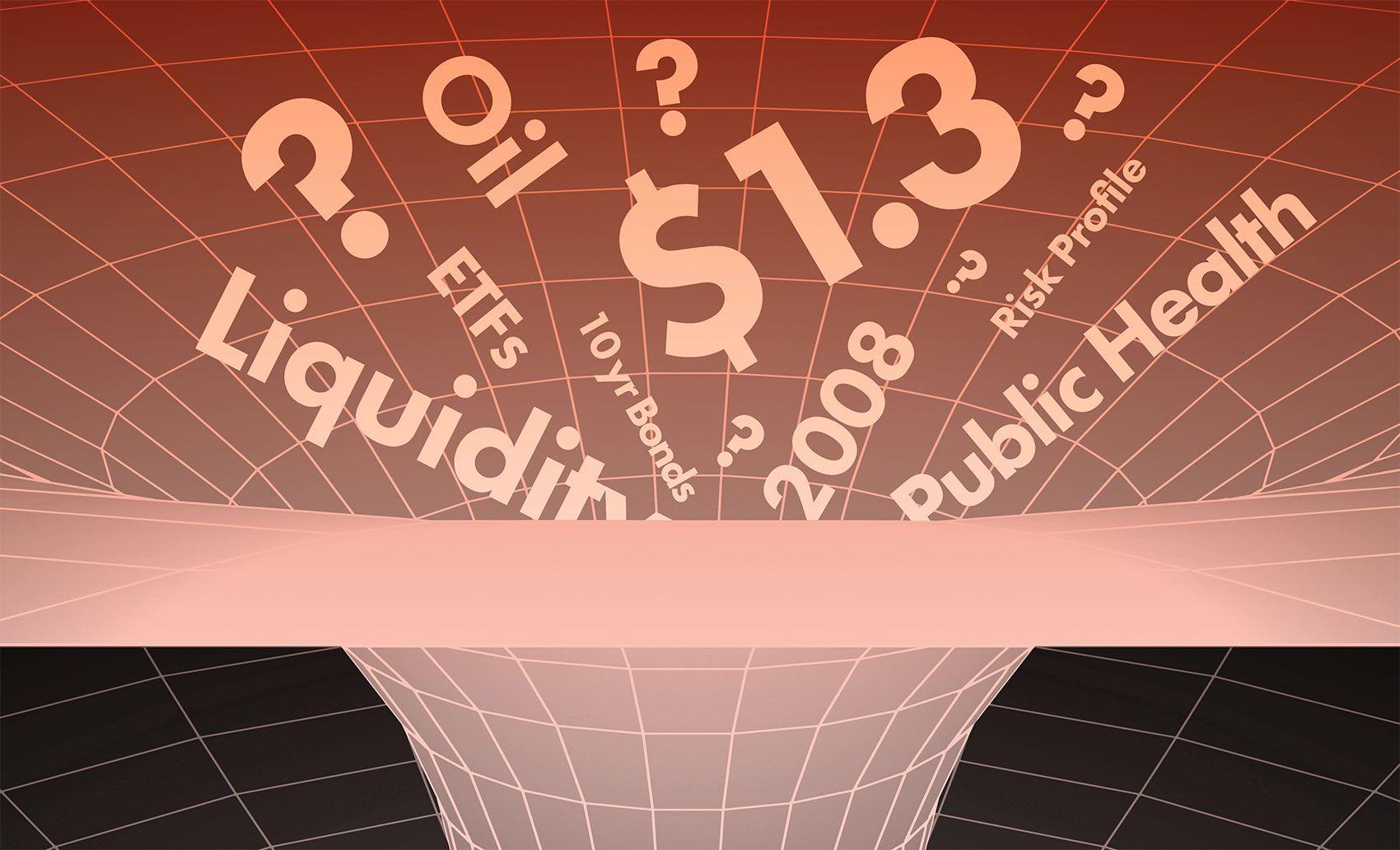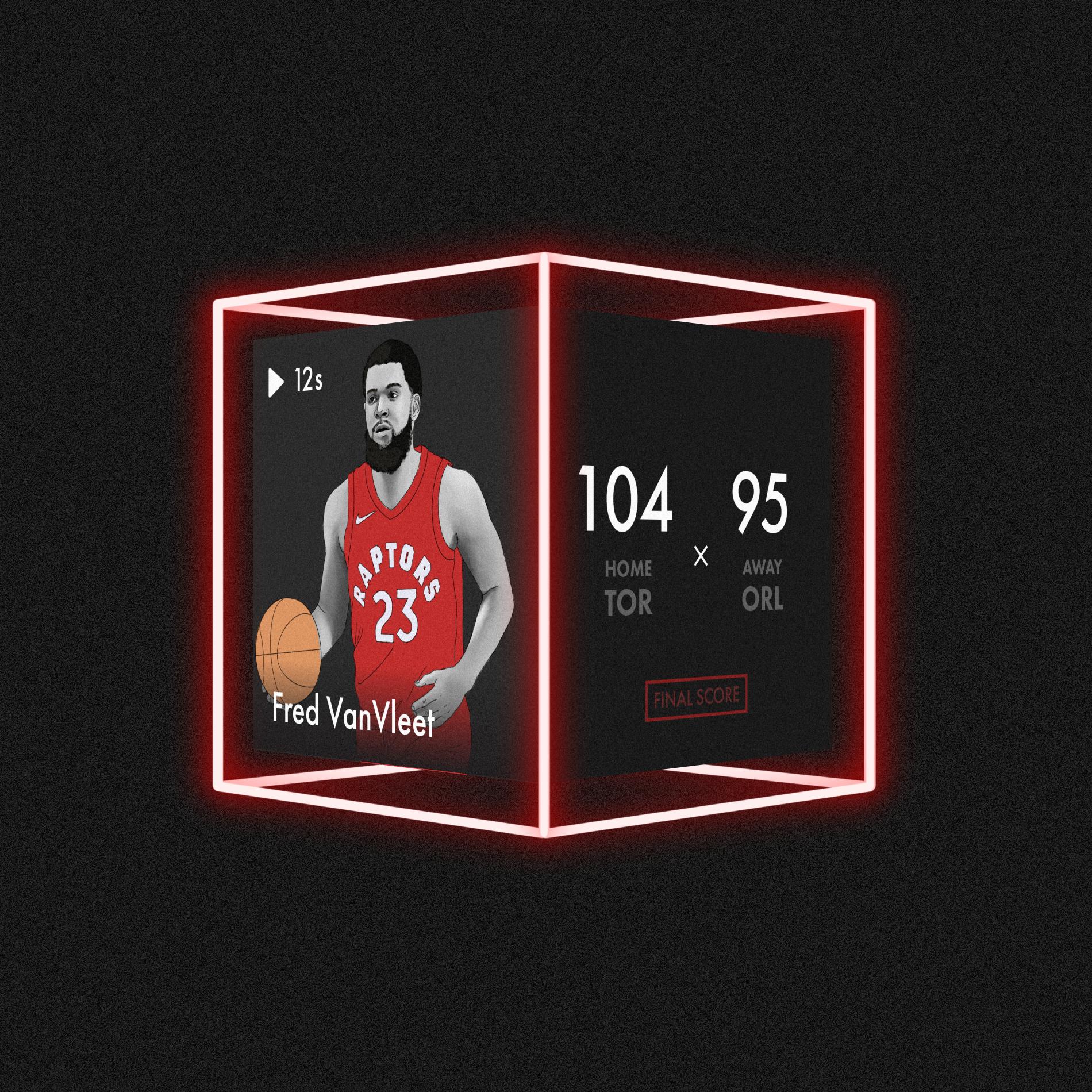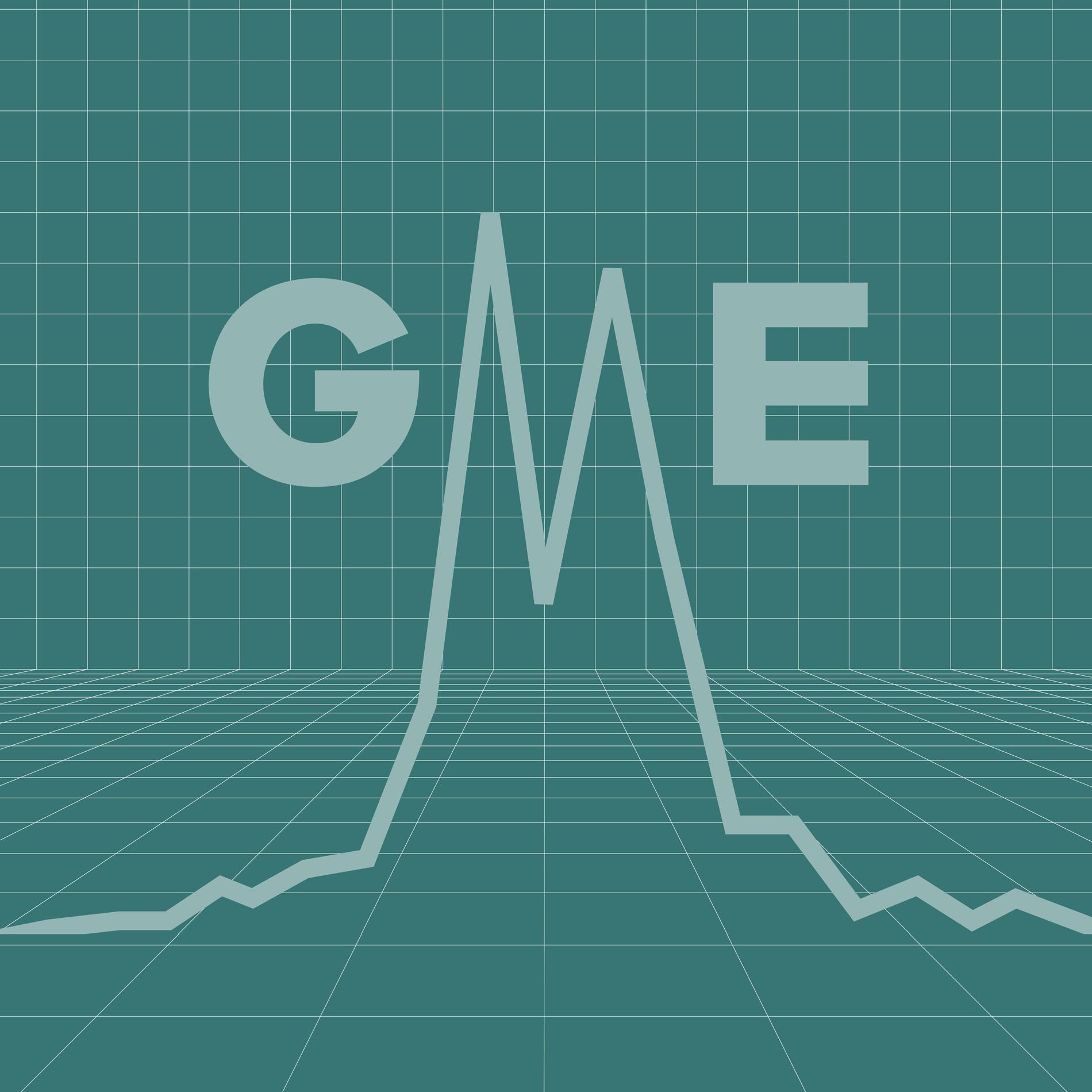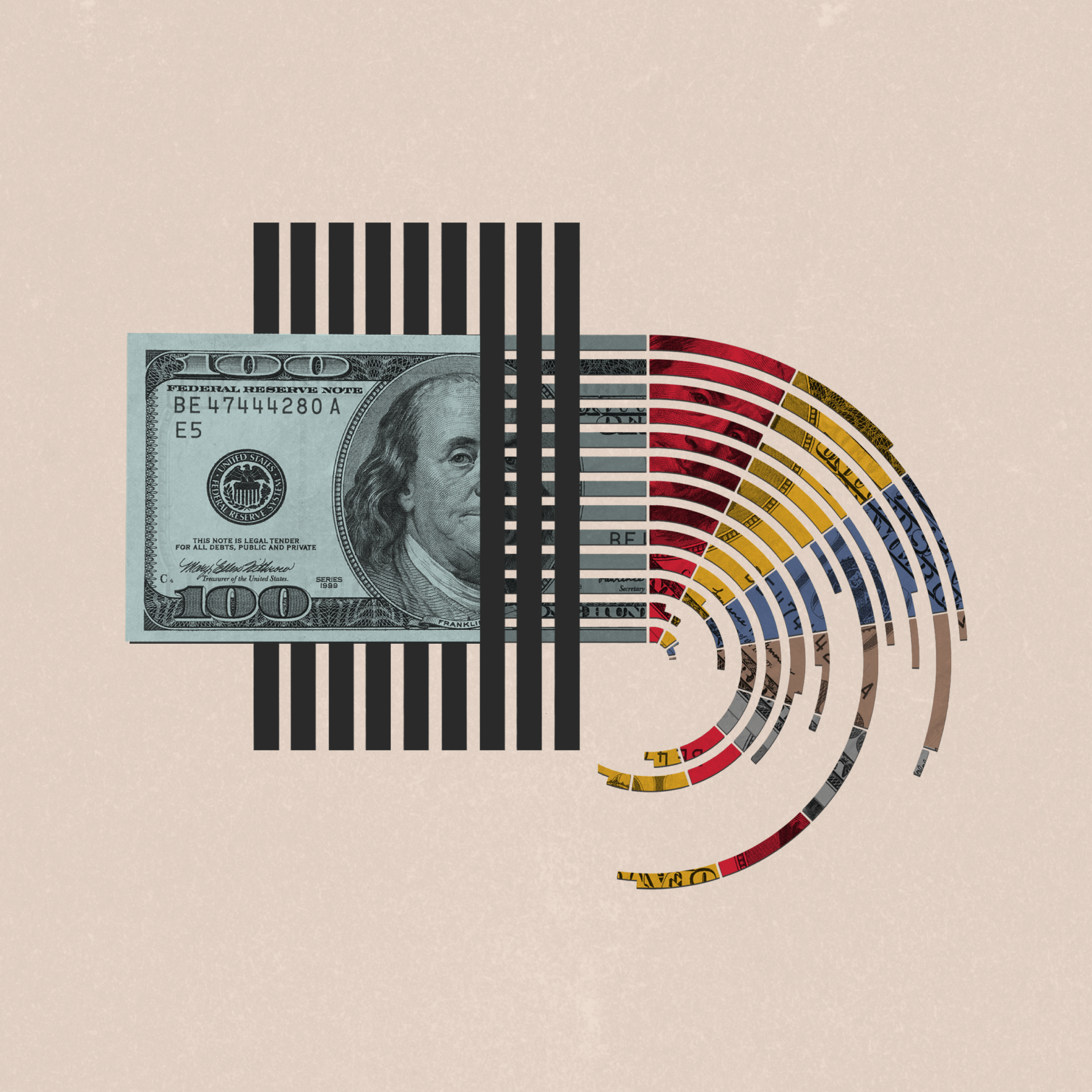
Money & the World
What Happens When Russia Turns Off Your Economy?
The UK and EU are racing to avoid an energy fiasco this winter. A researcher explains the cause of the crisis, and what countries are doing to prevent it from growing worse.
Wealthsimple makes powerful financial tools to help you grow and manage your money. Learn more
Note: This story first ran in TLDR, Wealthsimple’s weekly, non-boring newsletter about money, markets, and crypto.
On September 30, EU member states will meet to decide how to address perhaps the most dire issue facing the bloc: economy-crushing energy prices. Before the war in Ukraine, Europe imported roughly 40% of its energy-generating natural gas from Russia — an overdependence that brought pain when Russia began limiting gas shipments in retaliation against war-related sanctions. Electricity prices have quadrupled throughout Europe as a result, and pushed the euro zone toward an “almost inevitable” recession, according to Bloomberg. Worse, energy demand will likely spike further this winter, as will prices. The results could be tragic. All this has left policymakers in a bind, since subsidies to reduce the energy strain would likely drive up Europe’s already-high inflation, kill investor confidence, and ultimately prove self-defeating (as the U.K. perhaps demonstrated in late September).
Wealthsimple Magazine’s Sarah Rieger spoke with Anna Mikulska, who researches the geopolitics of energy at Rice University, about what went wrong for Europe.

Sign up for our weekly non-boring newsletter about money, markets, and more.
By providing your email, you are consenting to receive communications from Wealthsimple Media Inc. Visit our Privacy Policy for more info, or contact us at privacy@wealthsimple.com or 80 Spadina Ave., Toronto, ON.
Why was Europe not better prepared for the possibility of Russian gas curbs?
Not all countries were unprepared. The Eastern Bloc long warned Western Europe against depending on Russian energy. To avoid that themselves, Lithuania built terminals for importing LNG [liquified natural gas], and Poland is building a pipeline from Norway. The West just didn’t heed their warnings. Germany, Europe’s growth engine, had particularly close ties to Russia over natural gas going back to the Cold War; some people argued that importing lots of Russian gas gave Germany a geopolitical advantage, on the assumption that Russia wouldn’t act against one of its main buyers. That was a big miscalculation.
How could the crisis economically affect countries like Germany?
German plants are already decreasing production, owing to high energy costs. If the situation doesn’t improve, industrial activity may relocate, which will make an economic recovery even more difficult. It’s not only going to be a tough winter; it’s going to be a very tough several years.
Can Canada help?
Not really in the short term, since Canada doesn’t have the infrastructure to export LNG. The most it can do is keep producing oil and gas to free up some of the U.S. supply to be shipped to Europe. But even the U.S.’s capacity is limited, given the small number of LNG export facilities — it can’t send more than it’s able to liquify.
Will people struggle to heat their homes this winter?
That's what European countries are trying to prevent. Europe actually has more gas stored than it has historically, but different countries have different amounts of storage available. And if there is a very cold winter and we don’t see gas flowing from other sources than Russia, it will be a very difficult winter. The EU has asked member nations to decrease their energy use by 15%. It’s not yet a mandatory measure — it’s unclear how that option could be exercised — but it’s an attempt to prevent a disaster situation.
Recommended for you
Beyond storing gas and making more wood pellets, how is Europe preparing for winter?
For starters, to import more LNG, Germany, Italy, and others have rushed to bring in floating storage-and-regasification terminals. These are ships that store and regasify LNG from the slushy state it’s transported in. This is the closest thing to a quick fix there is for importing LNG.
How might the crisis affect Europe’s energy priorities?
We’re already seeing renewed interest in nuclear power. There will continue to be a push for renewable energy. But, in the short term, we might see conflicting developments: countries pushing for more renewables as they delay phasing out coal generation.
The speed of any shift to greener energy will depend on whether we’re able to make some technological advancements with things like batteries. In the meantime, we will have to rely on what we have.
What do you make of the emergency energy plans the U.K. and EU have put forward?
The EU is hoping for solidarity. But we still don’t know if all, or most, countries will be willing to share resources, especially if there’s widespread scarcity this winter. That could put solidarity to the test.
Could that scarcity affect us here in Canada, too?
It could, indirectly, through global economic reverberations. Canada doesn't depend on LNG for its energy, but the less LNG on the market, the less secure the global supply is [which affects prices]. The markets are all interconnected.
[Note: after Mikulska spoke with TLDR, the Bank of England said the UK may already be in a recession, partly as a result of high energy prices, and there are signs of a growing economic crisis in Western Europe.]
This interview was edited for clarity and concision.
Sarah Rieger is a senior news writer for Wealthsimple Media, and co-host of the TLDR podcast. She was previously a reporter at CBC News and editor at HuffPost Canada. You can reach her at srieger@wealthsimple.com.
The content on this site is produced by Wealthsimple Media Inc. and is for informational purposes only. The content is not intended to be investment advice or any other kind of professional advice. Before taking any action based on this content you should consult a professional. We do not endorse any third parties referenced on this site. When you invest, your money is at risk and it is possible that you may lose some or all of your investment. Past performance is not a guarantee of future results. Historical returns, hypothetical returns, expected returns and images included in this content are for illustrative purposes only.










